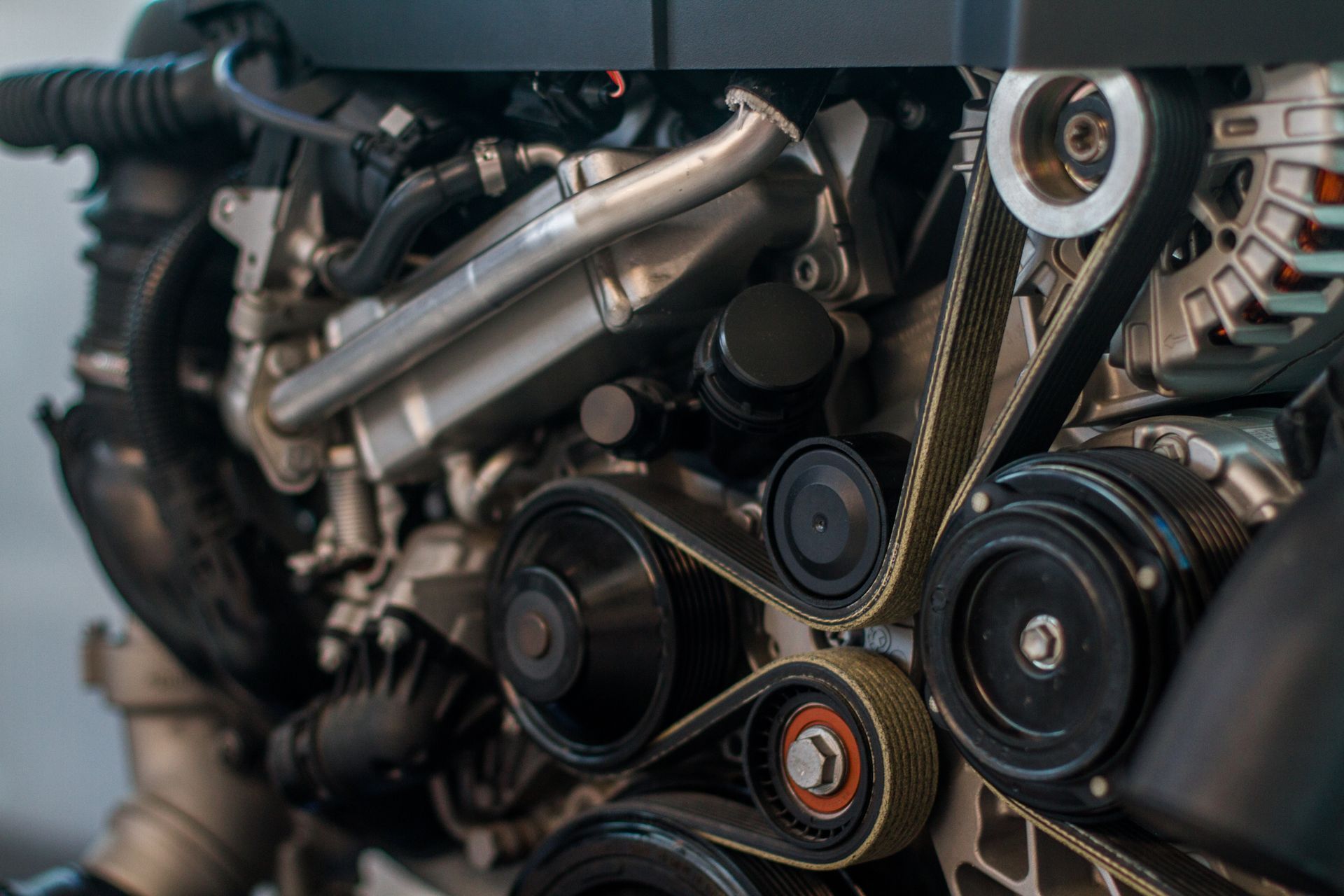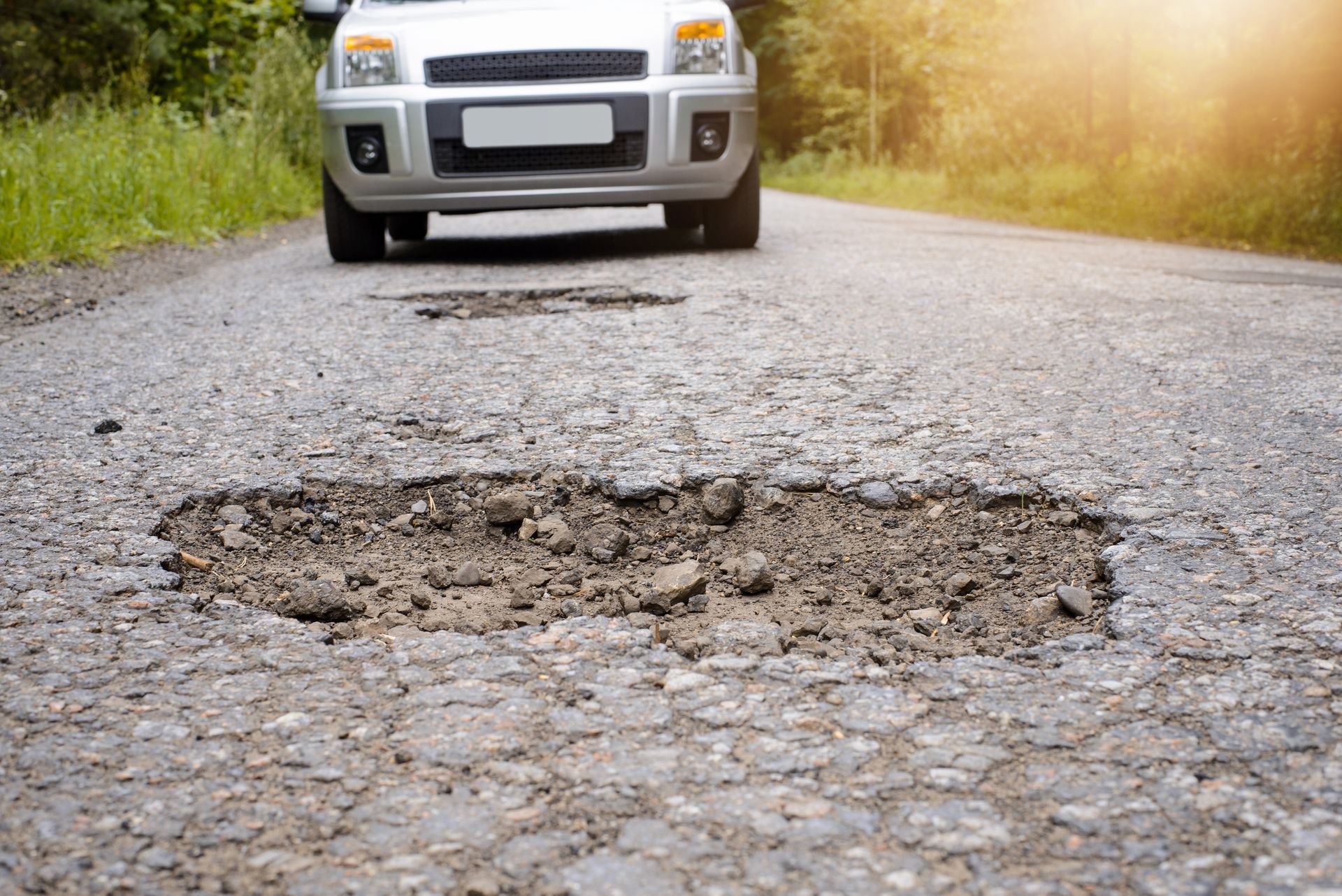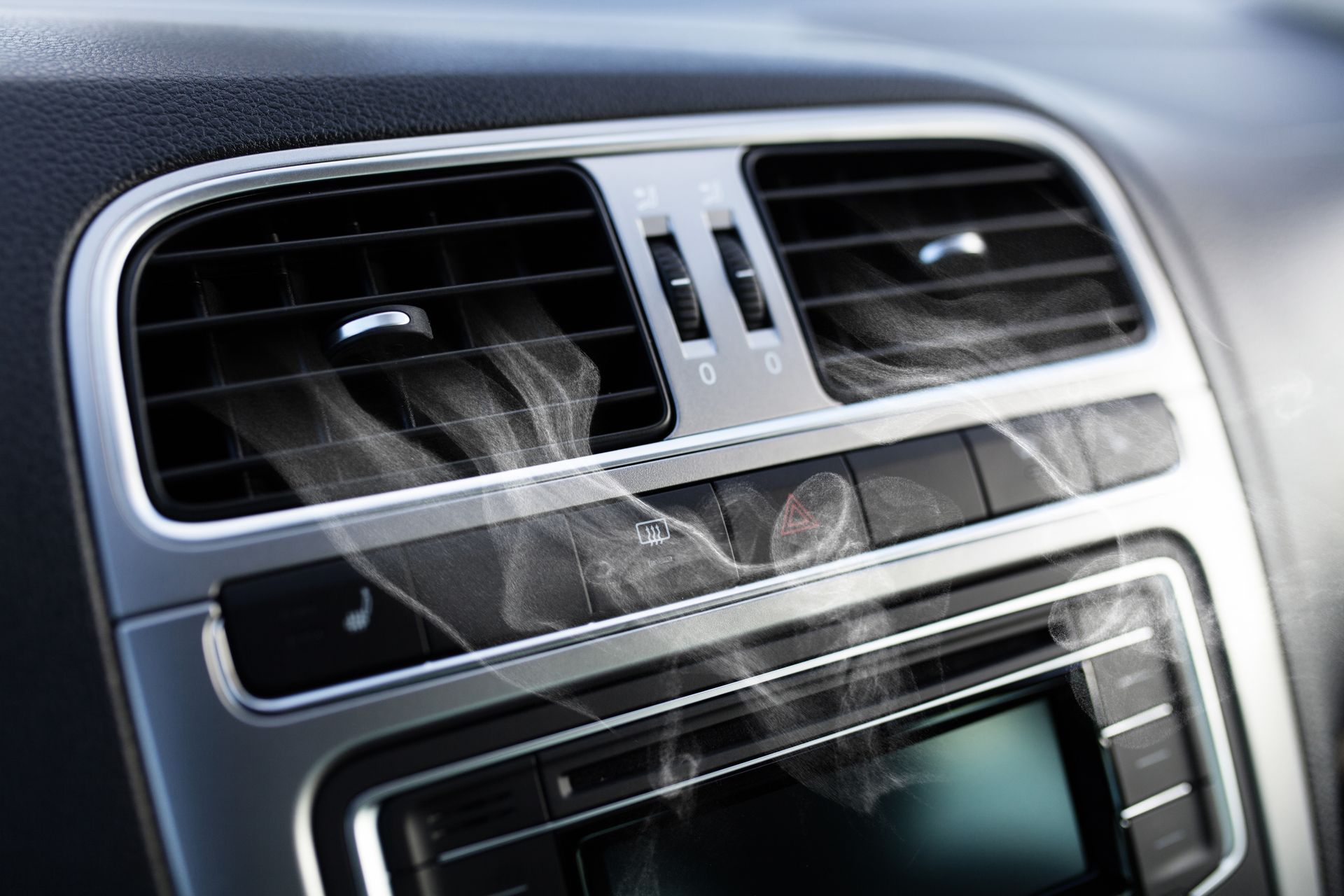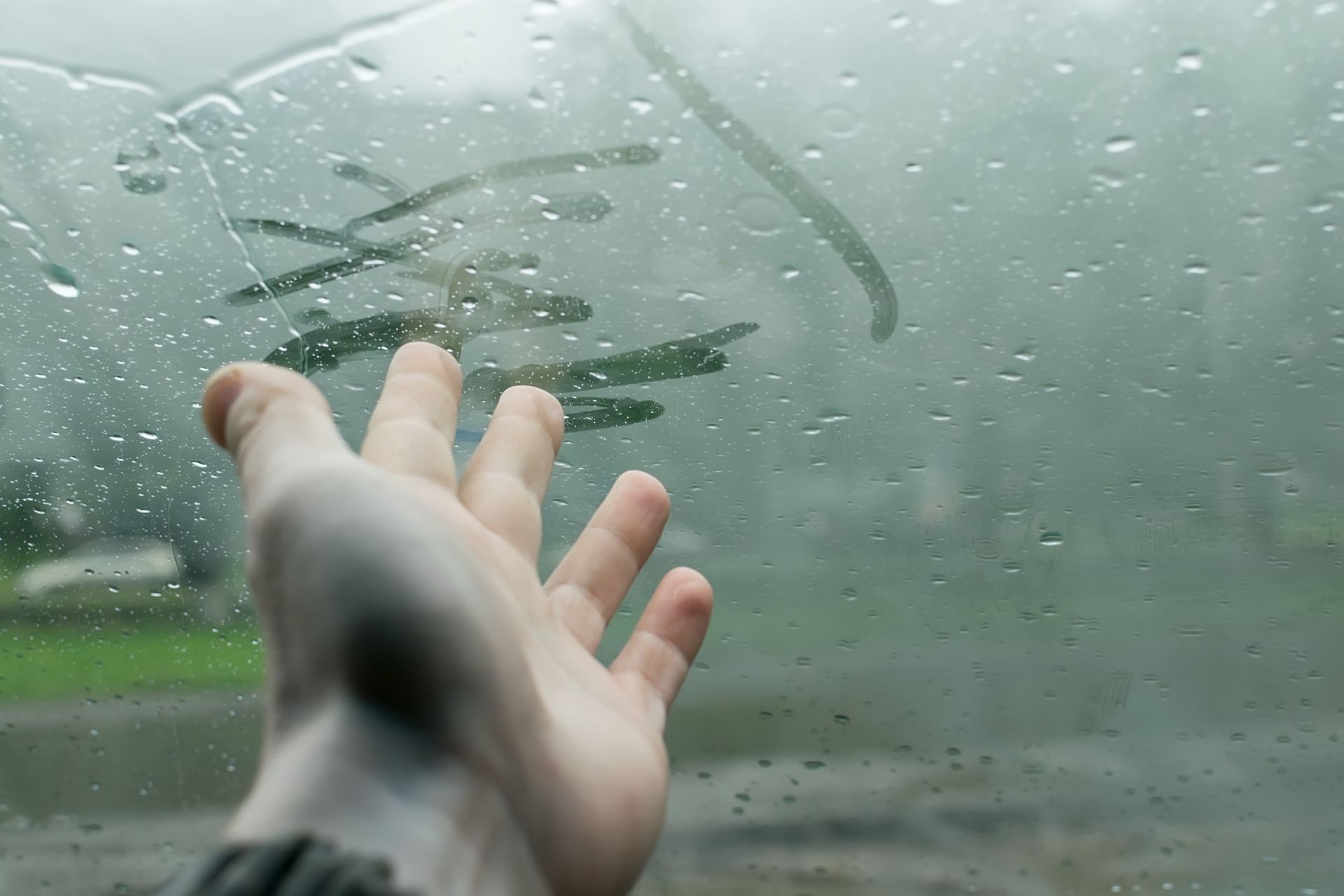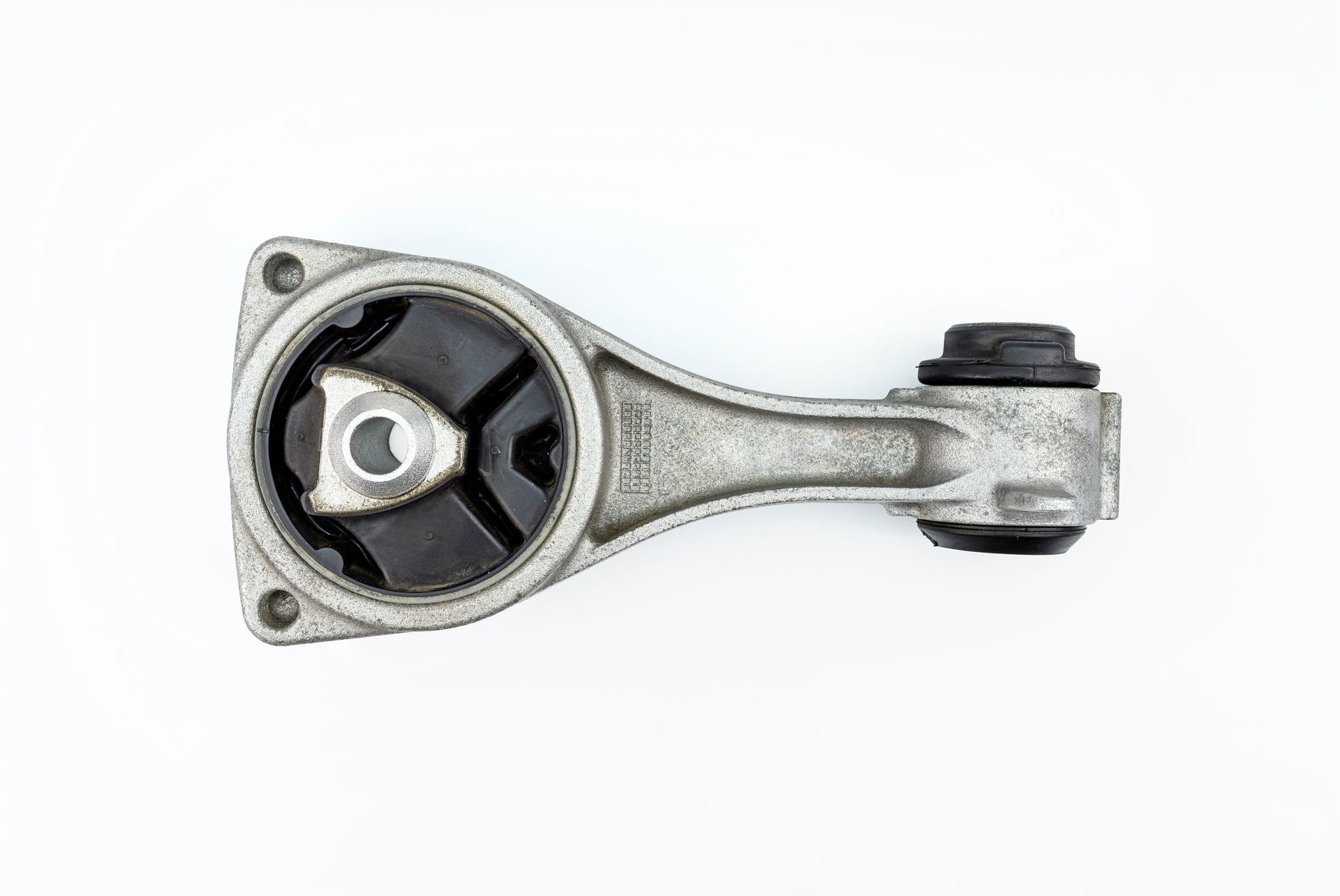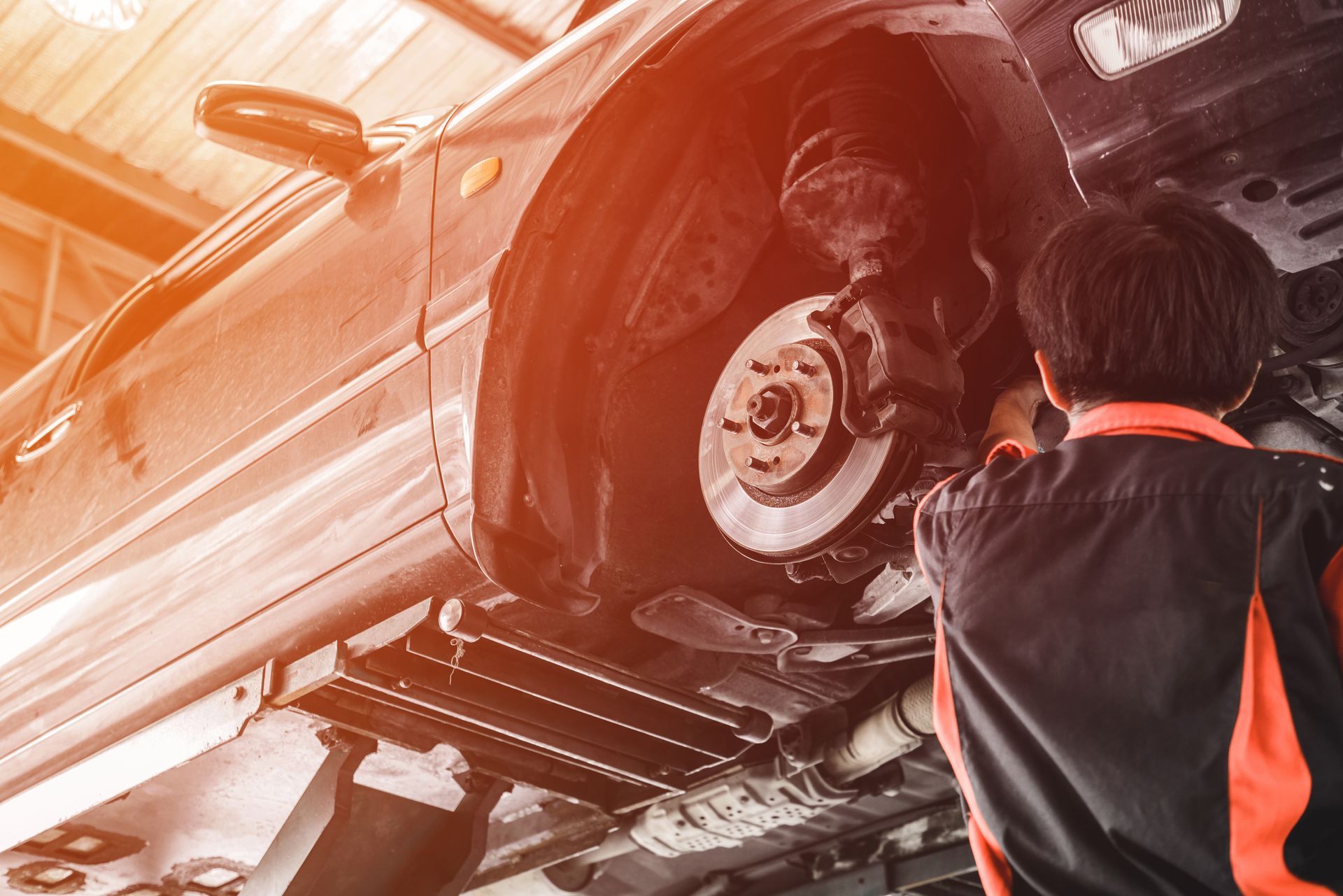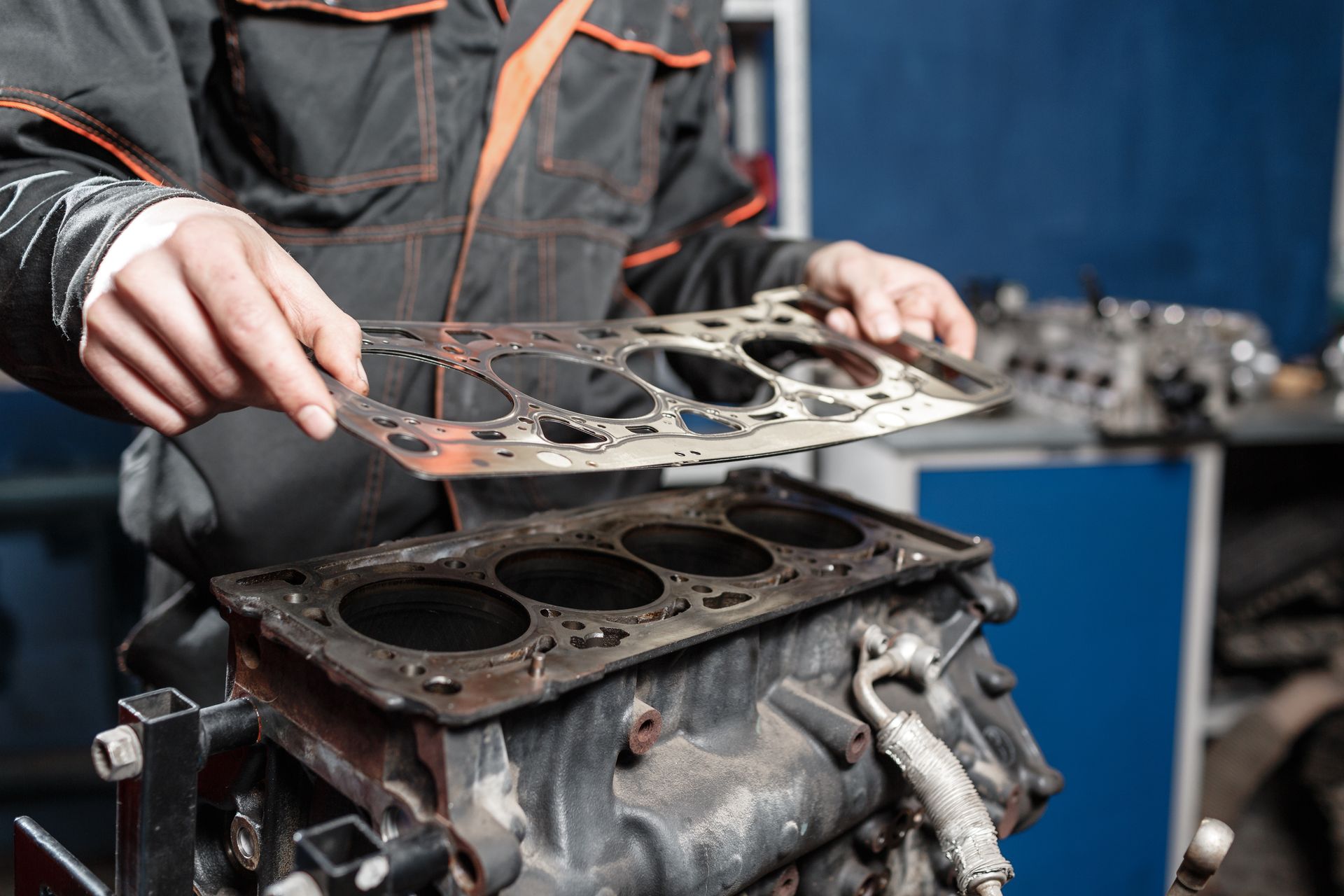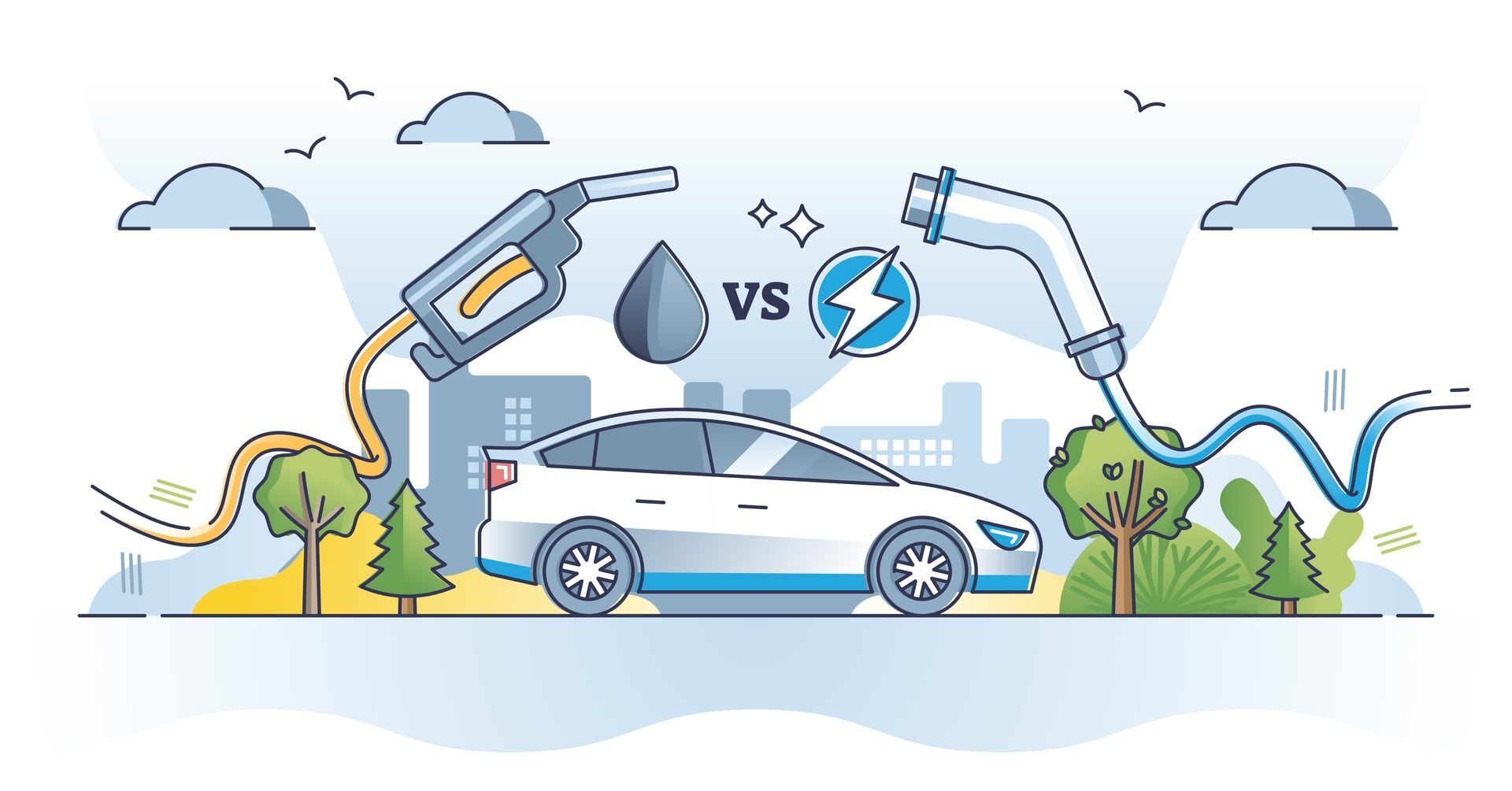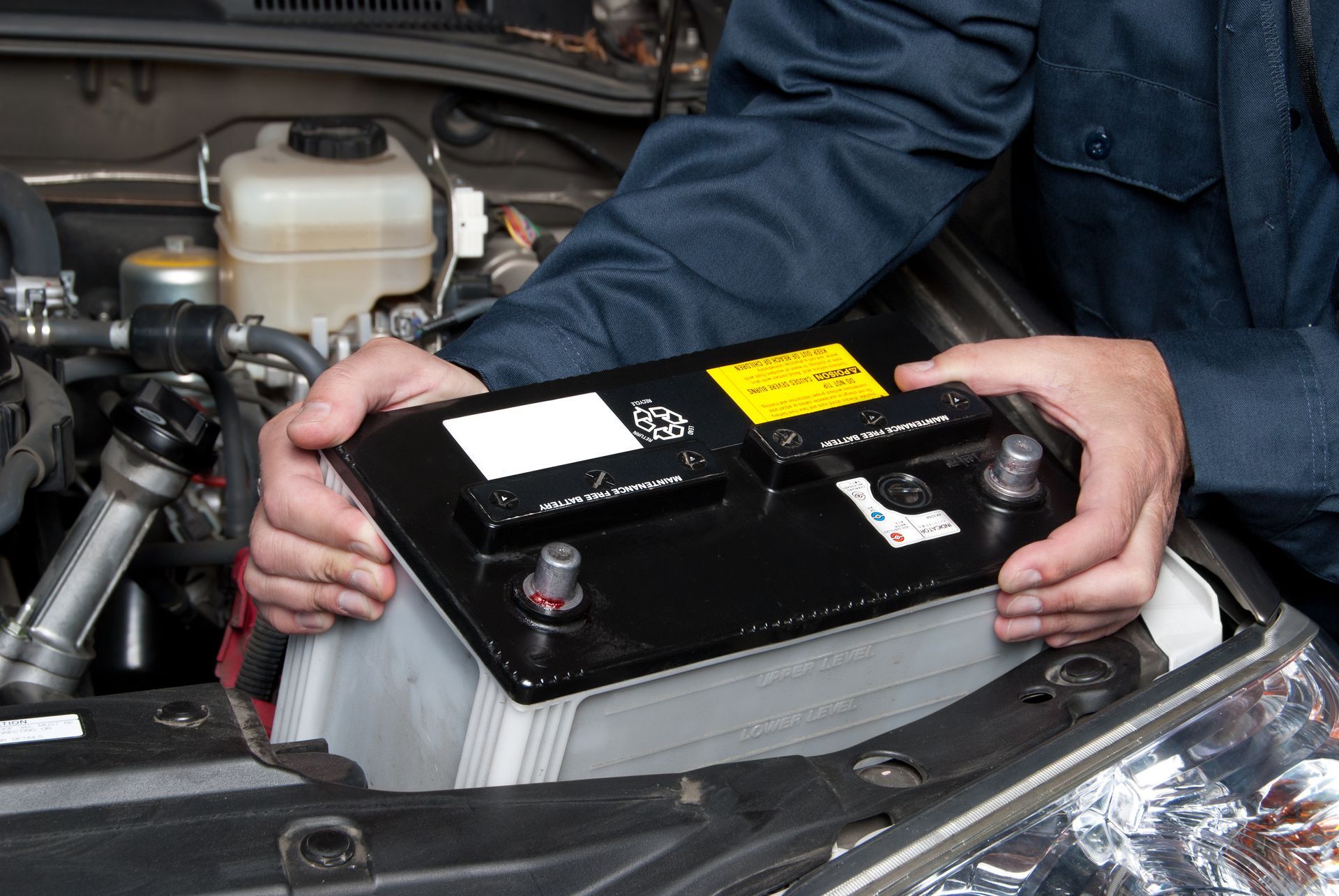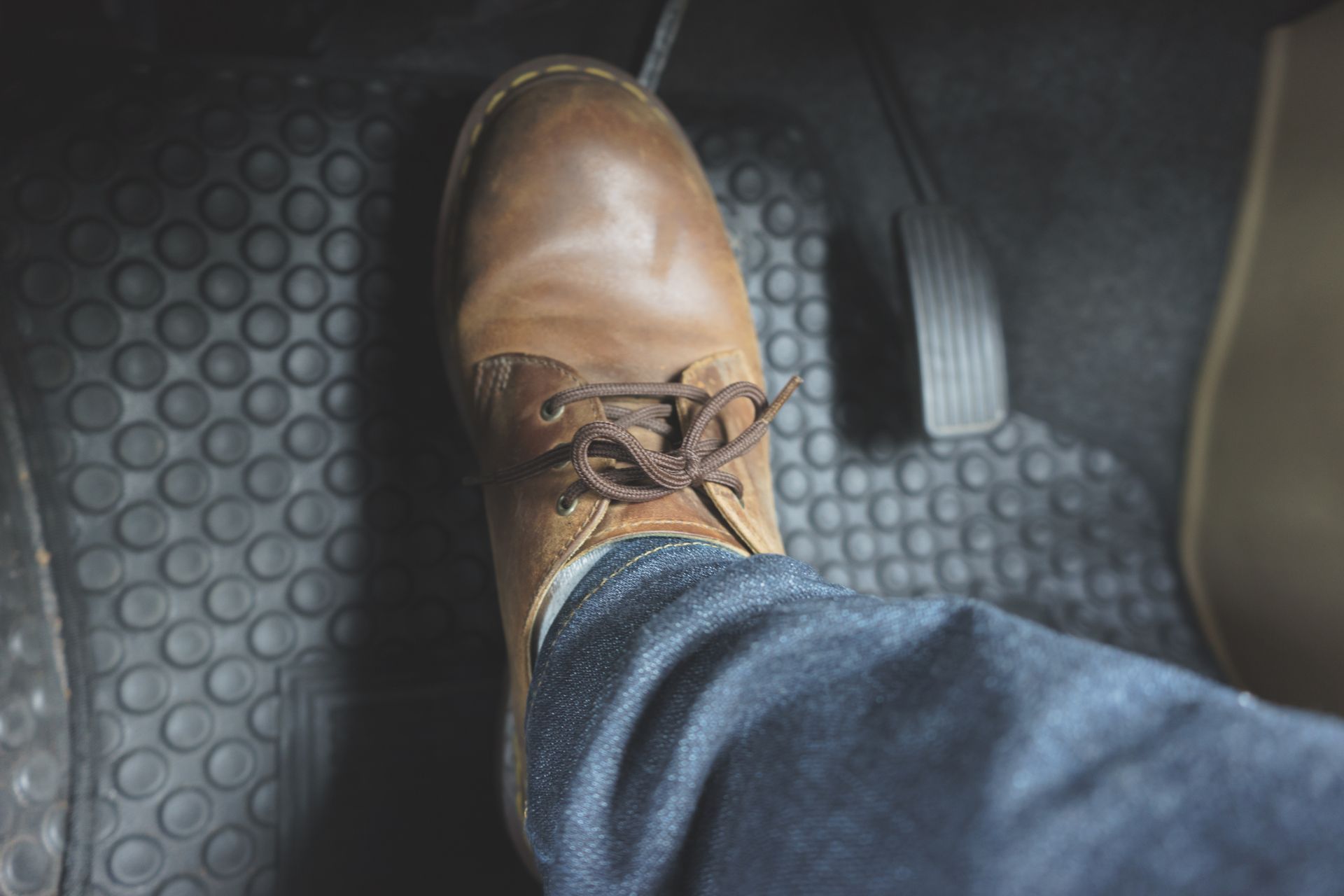When the temperature drops, many drivers notice they’re filling up their gas tanks more often. You might assume it's just in your head, but the truth is cold weather really can make your car use more fuel. The reasons behind this are tied to both mechanical and environmental factors, and understanding them can help you make smarter driving and maintenance decisions during the winter months.
Here’s why fuel economy tends to suffer when it’s cold outside and what you can do about it.
Cold Engines Take Longer to Reach Operating Temperature
Fuel combustion is most efficient when the engine has had a chance to warm up. In cold conditions, the oil inside your engine thickens, and internal parts need more time to move freely. Until the engine reaches its ideal temperature, it burns more fuel to keep running properly.
On very cold mornings, your car might idle longer, especially if you’re using the defroster or warming it up before driving. This extra idling contributes directly to increased fuel use.
Winter Fuel Blends Contain Less Energy
Fuel refineries adjust gasoline formulations based on the season. In winter, they add more volatile compounds to ensure the fuel vaporizes properly in lower temperatures. This prevents hard starts and stalling.
The downside is that winter fuel contains less energy per gallon than summer blends. That means even if you drive the same distance, your car may use more fuel simply because each gallon provides slightly less power.
Tire Pressure Drops in Cold Weather
As the temperature drops, the air in your tires contracts, reducing tire pressure. Driving on underinflated tires increases rolling resistance. That means the engine has to work harder to move the vehicle, which increases fuel consumption.
Many drivers don't realize how much this can affect mileage. Even being just a few PSI below the recommended pressure can lead to noticeable efficiency losses. It also increases tire wear over time.
Heaters, Defrosters, and Accessories Add Load
During the winter, drivers tend to use more electrical features. The heater blower, window defrosters, seat warmers, and headlights all draw power. This added demand puts a greater load on the battery and alternator.
While the impact may seem small, all of these systems increase the engine’s workload. In city driving, where speeds are lower and the engine is idling more often, this extra electrical load can have a real effect on how much fuel is used.
Short Trips Burn More Fuel in Cold Weather
Many winter drives are short; just a quick trip to the store or school. The problem is that during these short distances, the engine often doesn’t reach optimal operating temperature. So you’re using more fuel for less driving.
Cold starts are less efficient to begin with, and combining that with brief trips means the engine stays in its less efficient warm-up phase more often than not. That’s why short winter trips can significantly lower overall fuel economy.
How to Improve Fuel Efficiency in Cold Weather
While you can’t change the weather or the fuel composition, there are a few things you can do to limit the impact of winter on your fuel economy:
- Check tire pressure weekly and keep it at the manufacturer’s recommended level.
- Limit idling. Modern engines warm up faster when driving gently than when sitting parked.
- Use seat warmers and accessories selectively, especially on short drives.
- Consolidate errands to avoid making several cold starts throughout the day.
- Schedule maintenance like oil changes and air filter checks to keep the engine operating smoothly.
Taking a few extra steps in the winter months can reduce fuel use and extend the life of your vehicle’s systems.
Winter Fuel Efficiency Help from Wrench Junkies in Lilburn, GA
If you’ve noticed your fuel economy dropping or want to make sure your car is ready for cold weather, the team at Wrench Junkies in Lilburn, GA, is here to help. We can check your tires, inspect your fuel and air systems, and make sure your vehicle is running as efficiently as possible this season.
Book a visit today and drive with confidence through the colder months.

